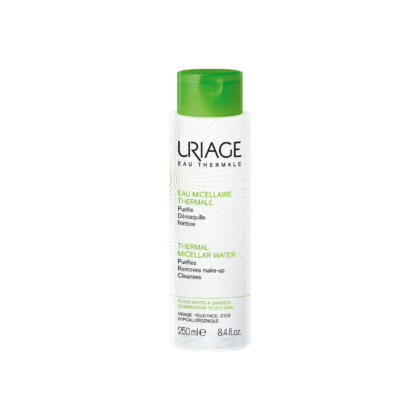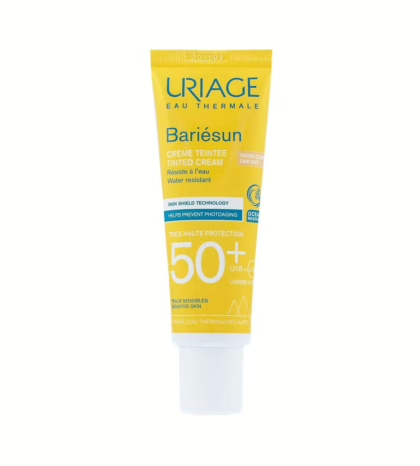
Ah, Ramadan. A time for spiritual reflection, community gatherings, and of course, delicious pre-dawn meals and evening feasts. But for many Muslims who also experience the sniffles, sneezes, and itchy eyes of allergic rhinitis, this holy month can bring an unwanted guest: allergy season. While allergic rhinitis and Ramadan fasting might seem like an unfortunate pairing, this blog is here to guide you through navigating both with grace and ease. So, let’s explore some helpful tips and tricks to manage allergic rhinitis symptoms during Ramadan and embrace the spirit of Ramadan while keeping those pesky allergies at bay.
Ever wondered if there is a connection between allergic rhinitis and fasting? Well, studies suggest a potential connection between fasting and reduced allergy symptoms. This link may be attributed to:
In spite of this, Ramadan can be filled with sneezes, itchy eyes, and a persistent runny nose for those with allergic rhinitis. So, it’s crucial to remember:
Enjoy our free teleconsultation services and book an appointment today.
You can use Otosan Nasal wash.
While there’s no guaranteed solution, understanding the potential link between fasting and allergies can help individuals manage their symptoms. Combining appropriate fasting habits with correct medical guidance can provide more comfort for those with allergic rhinitis during Ramadan fasting while still focusing on the spiritual value of the holy month. Remember that your health and well-being are vital at this unique time











